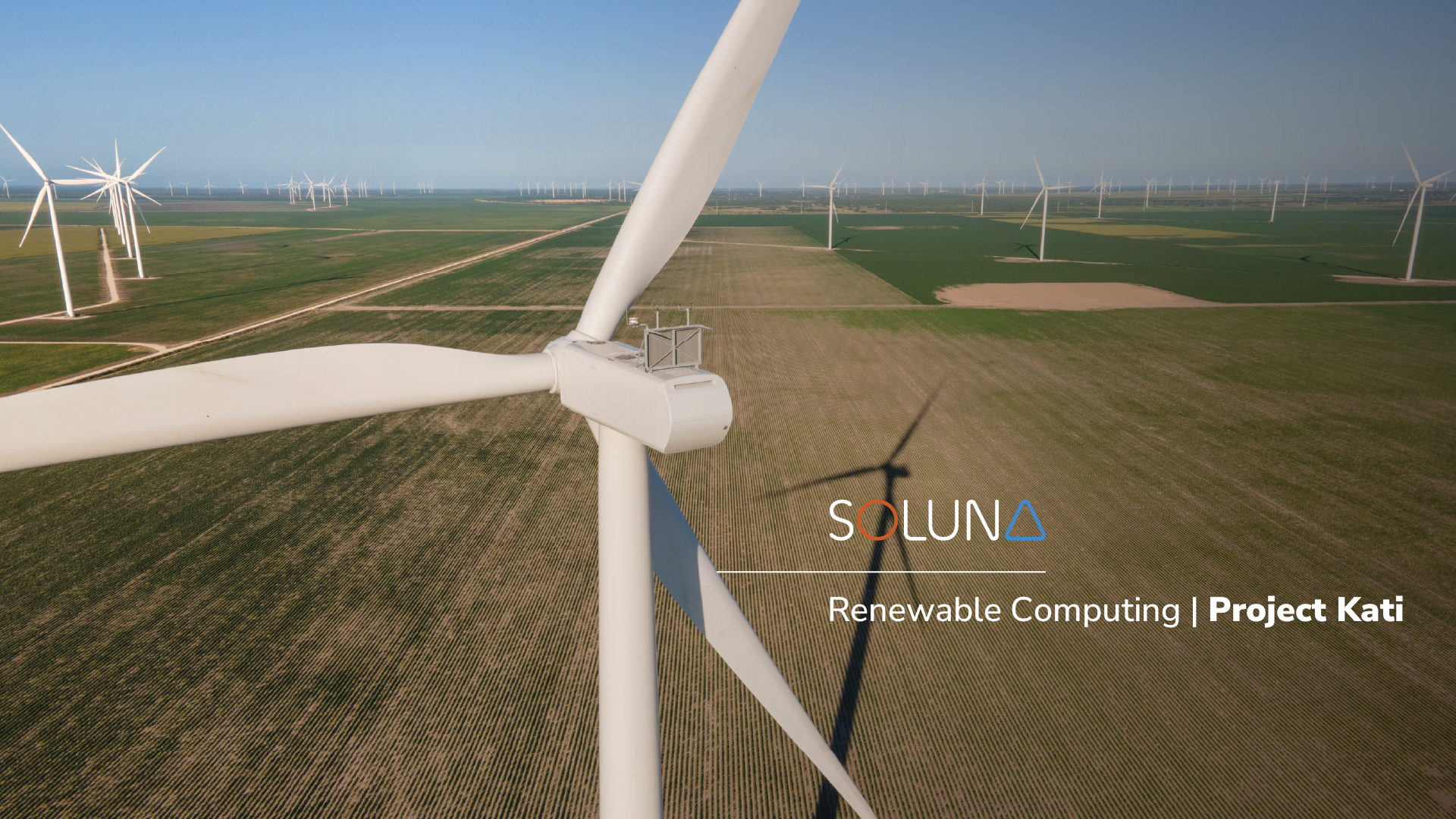Soluna's Project Kati Advances with ERCOT Approval

Soluna Holdings, Inc. has successfully exited the Electric Reliability Council of Texas (ERCOT) planning phase for its Project Kati, announced in a press release. This milestone allows the company to move forward with construction and expansion plans for the project, which aims to deliver up to 166 MW of renewable energy capacity.
Project Kati is set to power advanced computing applications, including Bitcoin mining and artificial intelligence (AI). The project will be developed in two phases, with the first phase expected to provide 83 MW of capacity. Soluna is currently in the final stages of land negotiations and is seeking investors and joint venture partners to support the development of an AI data center at the site.
The company plans to begin construction in 2025, and upon completion of the first phase, Soluna will manage over 206 MW for Bitcoin mining and hosting. The project is named after Katalin "Kati" Karikó, a scientist known for her contributions to mRNA-based protein therapies.
We hope you enjoyed this article.
Consider subscribing to one of our newsletters like Silicon Brief or Daily AI Brief.
Also, consider following us on social media:
More from: Data Centers
Subscribe to Silicon Brief
Weekly coverage of AI hardware developments including chips, GPUs, cloud platforms, and data center technology.
Whitepaper
Stanford HAI’s 2025 AI Index Reveals Record Growth in AI Capabilities, Investment, and Regulation
The 2025 AI Index by Stanford HAI provides a comprehensive overview of the global state of artificial intelligence, highlighting significant advancements in AI capabilities, investment, and regulation. The report details improvements in AI performance, increased adoption in various sectors, and the growing global optimism towards AI, despite ongoing challenges in reasoning and trust. It serves as a critical resource for policymakers, researchers, and industry leaders to understand AI's rapid evolution and its implications.
Read more
